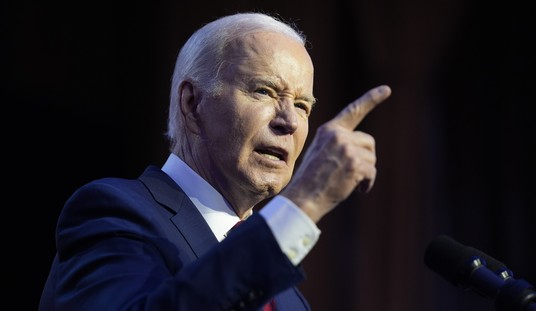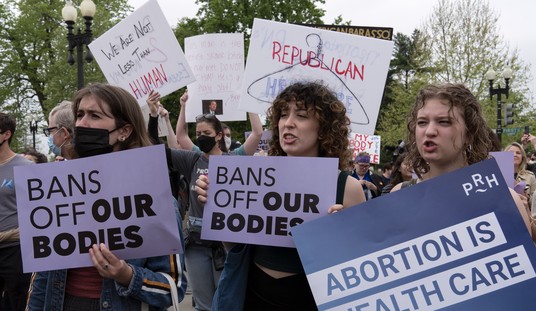This is good news for… sanity.
And here’s the kicker – it came with unanimous support from the Supreme Court.
In an 8 – 0 decision, SCOTUS ruled that the government doesn’t have the right to censor trademarks, just because someone, somewhere, might be offended.
Commonsense and any sort of social interaction proves that there are people who actually seek out things to be offended by.
During those heady Obama years, the outrage culture saw, what we hope, was the pinnacle of its existence. One victim of that nonsensical movement was the Washington Redskins football team.
In 2014, multiple protests were launched against the team’s name by Native Americans, who felt the name and mascot were “offensive” to their heritage.
Lawsuits were launched to deny trademarks to the Redskins, and in June of 2014 the U.S. Patent and Trademark Office revoked around six team trademarks. By August, the team had filed their own countersuit in U.S. District Court, claiming the trademark board was penalizing them, in violation of their First Amendment rights.
This SCOTUS decision may give new life to their case.
The case before the high court involved an Asian rock band named “The Slants.” The U.S. Patent and Trademark Office originally denied the band’s name, saying it was a racial slur that violated the agency’s policy against granting disparaging trademarks.
Justices, though, said that violated the First Amendment.
“Speech may not be banned on the ground that it expresses ideas that offend,” Justice Samuel A. Alito Jr. said in his opinion for the court.
Just as the Washington team had asserted in their 2014 case, trademarks constitute free speech.
And this is the way government is supposed to work. They get out of the way and let ideas compete.
If fans (or non-fans) are really that offended by the name, “Washington Redskins,” they have recourse.
They can protest (peacefully). They can boycott games and licensed products. They can try to convince others that they have a valid point, winning them over to their side.
What they can’t do, as this decision determines, is use the courts as enforcers to push their opinions over someone else’s, or deny the rest of the public the opportunity to make up their own mind.













Join the conversation as a VIP Member